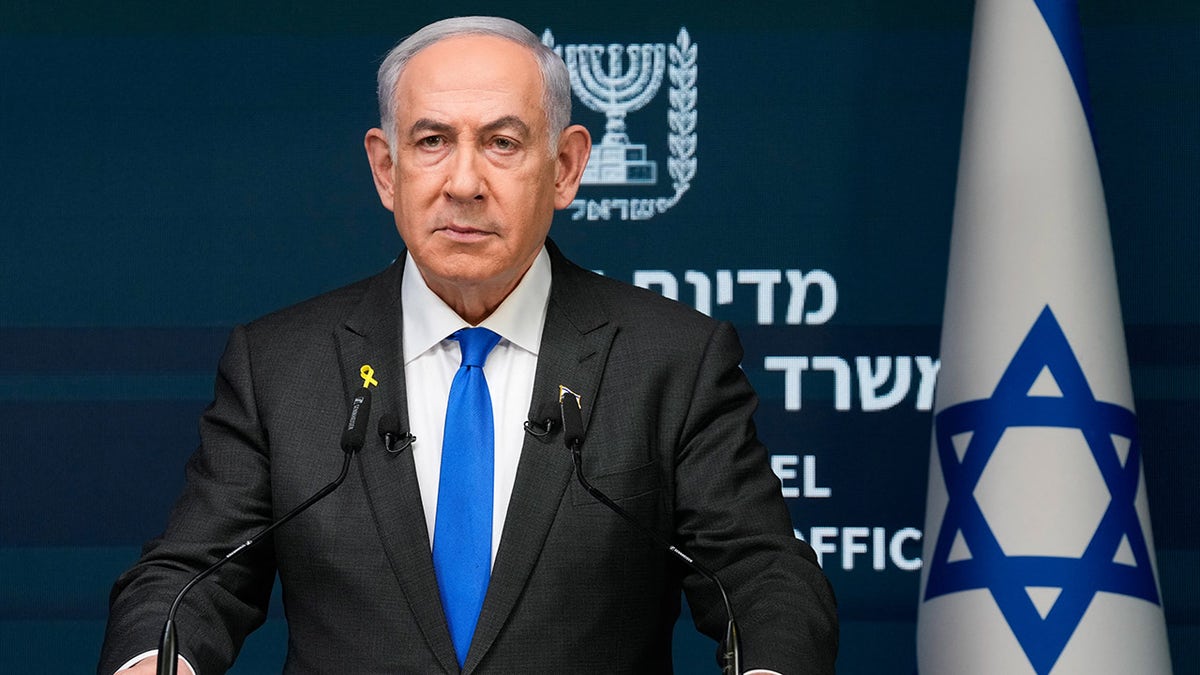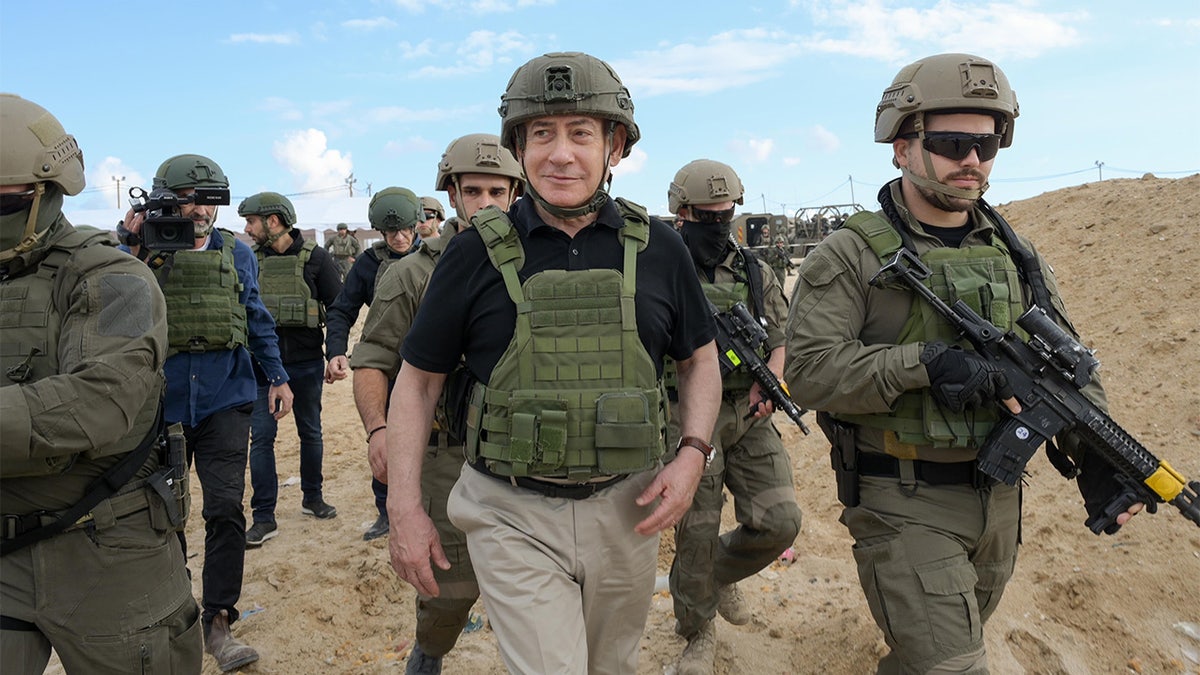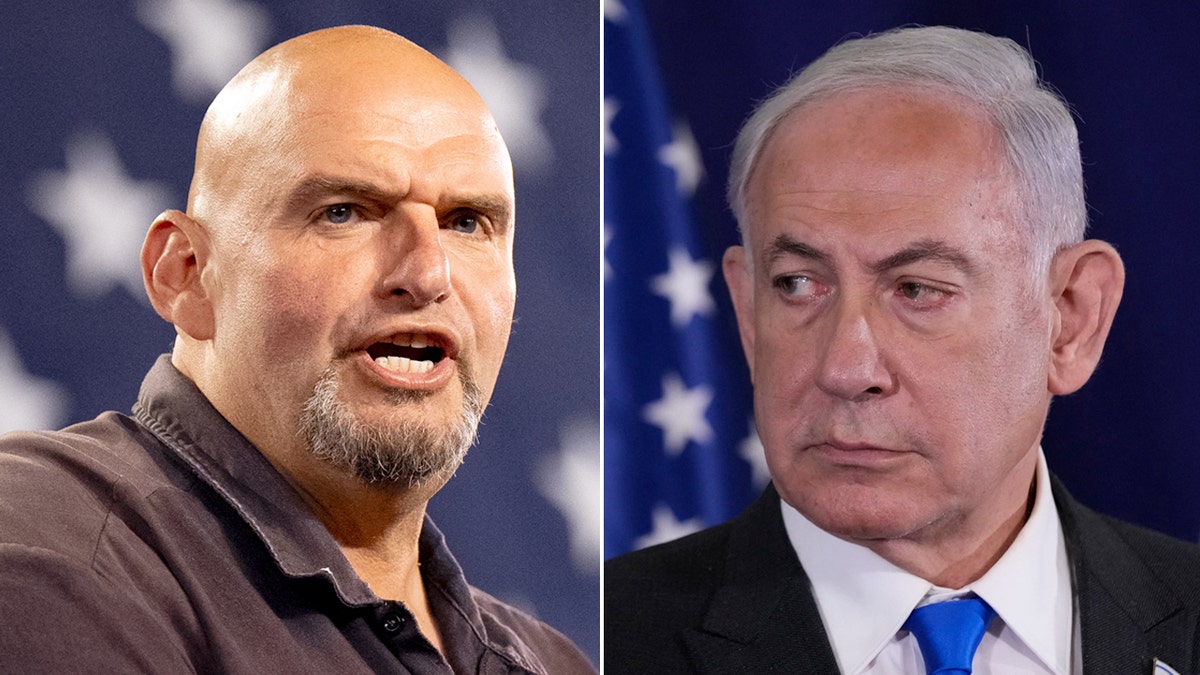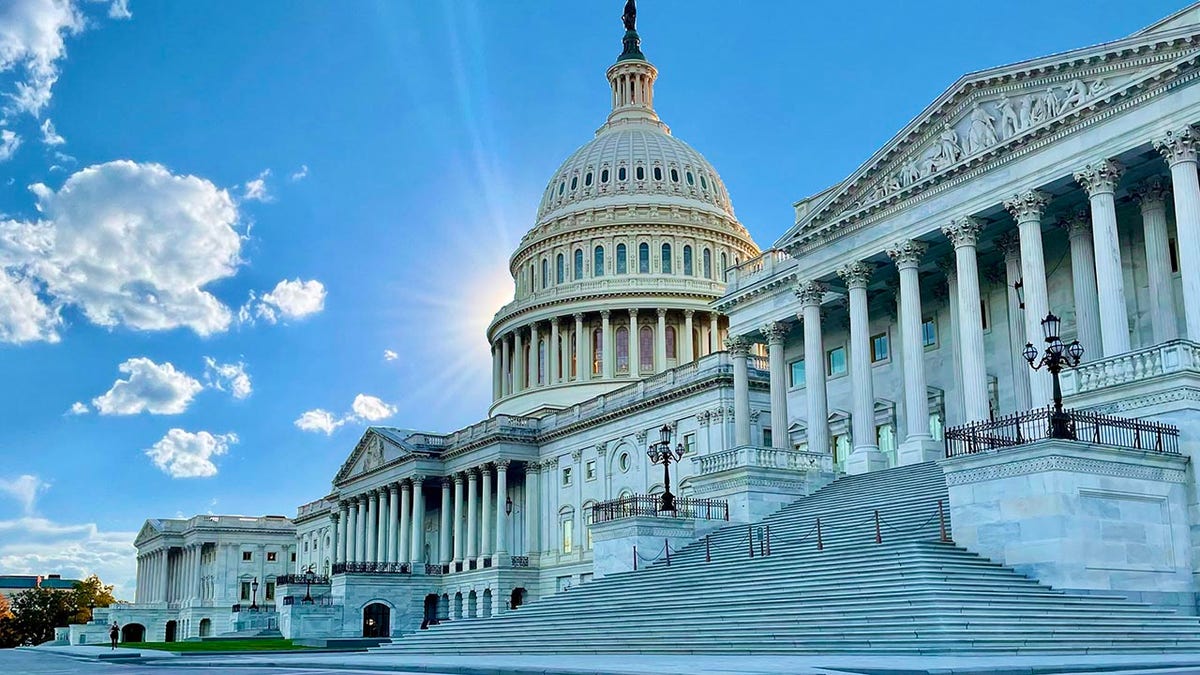Israeli Prime Minister Benjamin Netanyahu's corruption trial commenced this week, marking a significant development in the ongoing legal saga. This unfolds against a backdrop of complex international relations, including the recent regime change in Syria and continued tensions with Iran and its affiliated groups. Netanyahu's appearance in court marks the first time he will personally testify in the proceedings, which began in 2020.
The Prime Minister faces allegations of accepting favors from media figures in exchange for advantageous regulatory decisions. Over 140 individuals, including prominent political and media personalities, have already provided testimony. While law enforcement officials have previously questioned Netanyahu and his wife, Tuesday's court appearance represents his inaugural testimony, anticipated to span several weeks with sessions three days a week.

The trial coincides with heightened scrutiny of Netanyahu's handling of the conflict with Hamas, with some suggesting he has prolonged the conflict to influence the legal timeline. A final verdict isn't expected until 2026, with potential appeals extending the process further.

Meanwhile, Netanyahu has garnered support in the face of the International Criminal Court's accusations against him and former Defense Minister Yoav Gallant. Numerous U.S. politicians have spoken out against the ICC's actions, and the Pentagon has explicitly rejected the court's jurisdiction in the matter. Senior Senate members have even proposed sanctions against the ICC following the issuance of arrest warrants.

This convergence of legal proceedings and geopolitical challenges creates a complex and volatile situation for the Israeli Prime Minister.








